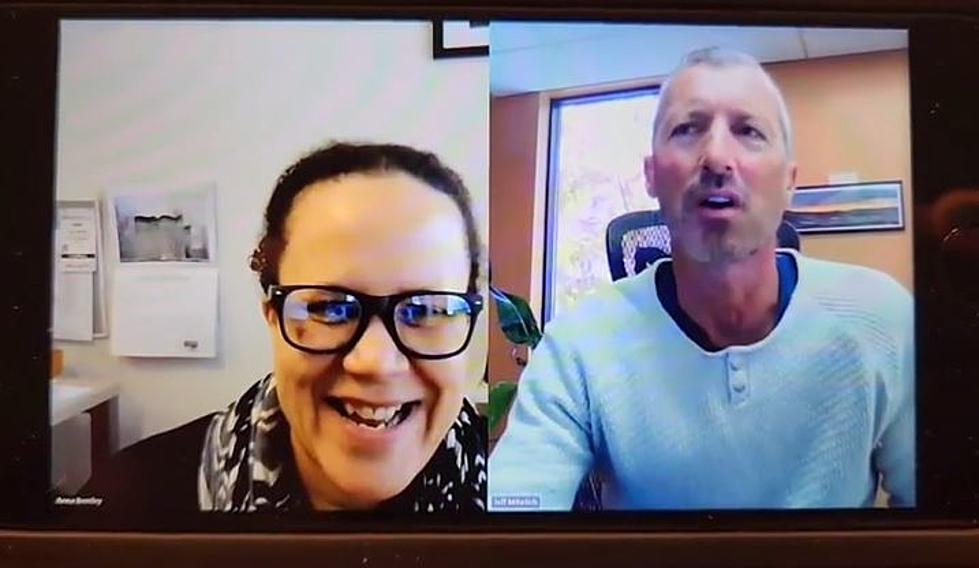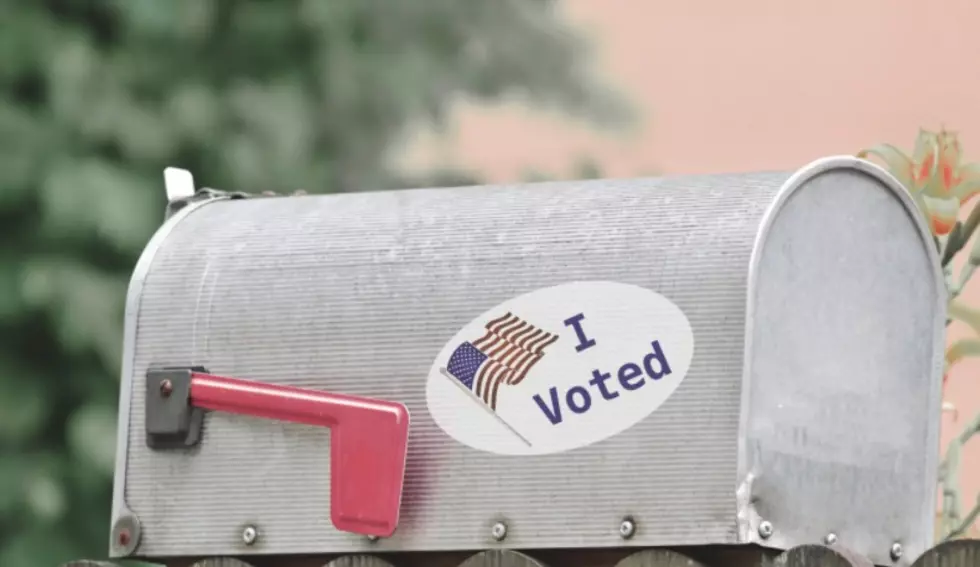
Lawmakers Consider Armed School Marshals, Teacher Retention
By AMY BETH HANSON Associated Press
HELENA, Mont. (AP) — A measure that gives rural schools the option of hiring armed marshals is part of a package of education proposals moving through the Legislature.
Along with improving school safety, the bills seek to help rural schools attract and retain teachers and hire retired teachers for difficult-to-fill slots.
The Senate on Tuesday endorsed a House-approved bill to allow rural schools to hire a school marshal and set training standards, despite concern from law enforcement. The bill was supported 29-21 and was assigned to the Senate Finance Committee to consider the cost.
Law enforcement officers around the state have said a brief training program is not enough for a school marshal to be able to react adequately to a potential school shooting.
Supporters argued school boards already have the ability to allow someone to carry a weapon in a school — which roughly a handful of school districts have already done — and the bill just calls for the Montana Law Enforcement Academy to establish a training program. Schools would also have to let local enforcement agencies know if they have a school marshal.
Senate Majority Leader Fred Thomas urged support of the bill as a deterrent, saying it sends a message that "it's not a freebie to go and attack our schools. It's not a freebie to attack our kids and our grandkids because you will be met with resistance and you will be taken down because we will have people there who are ready to do it."
Senate Minority Leader Jon Sesso said he trusted his local law enforcement when they say it's not the right approach.
Republican Sen. Keith Regier argued a lot of rural Montana schools are a long way from the sheriff's office and this gives school boards the option to hire a school marshal.
Democratic Gov. Steve Bullock has not taken a position on the bill, staffers said Tuesday.
The Senate on Monday passed a bill to set aside $500,000 a year for rural schools with critical teacher shortages to offer a student loan repayment program to attract new teachers. Teachers would be eligible for up to $3,000 after the first full year of teaching, $4,000 after a second year and $5,000 after a third. The bill also allows school districts to offer up to a $5,000 loan repayment after a fourth year.
Another bill moving through the process would allow rural schools with 120 or fewer students to hire retired teachers, specialists and principals with at least 27 years of service to fill critical spots while continuing to draw their full retirement pay for up to three years. The bill passed the House last week with amendments and goes back to the Senate.
Previously, the state allowed teachers who had at least 30 years of service to come back to hard-to-fill teaching jobs, but limited their earning ability.
The sponsor, Republican Sen. Mike Lang, said that at the last accreditation there were 111 non-licensed teachers in rural schools, up from 22 four years earlier.
Administrators from rural schools told lawmakers they sometimes have to leave positions unfilled and the bill would give them more options.
The Montana Teachers' Retirement System opposed the bill, saying it allowed double dipping, but supporters noted those teachers had earned their retirement benefits and could work in any other job at full pay or teach in a neighboring state while still drawing their retirement payments.
Lawmakers are also moving other school safety bills to prohibit the use of vapor products or other alternative nicotine products on school property, while allowing school employees to use tobacco cessation products. Another proposal allows schools to spend any state or local revenue, other than money set aside for debt service or retirement payments, to improve or maintain student safety, including paying for school resource officers, counselors and training.
Other education measures passed by lawmakers allow opportunities for students to accelerate career and college readiness by allowing schools to help pay for dual credit courses, exam fees for college admission or skill certification or any fees charged for work-based learning. The bill has an $800,000 appropriation in fiscal year 2021.
Lawmakers also passed a bill that provides $2.6 million to encourage schools to develop flexible systems to determine the best way to teach individual students to become proficient in a subject. Both bills are headed for the governor's desk.
More From KMMS-KPRK 1450 AM









